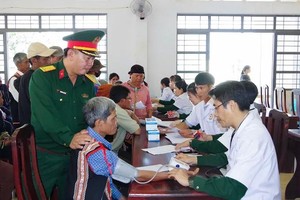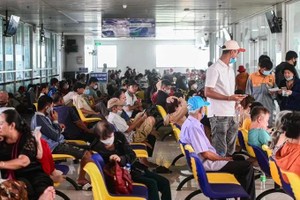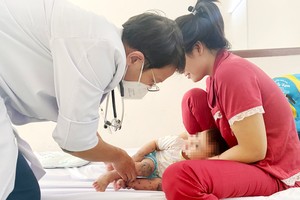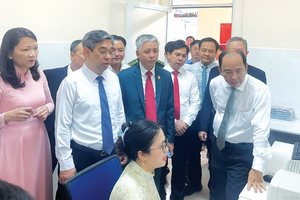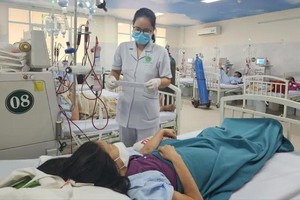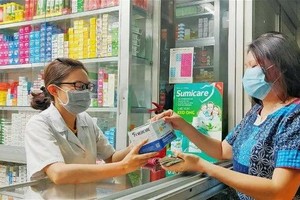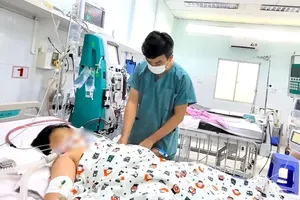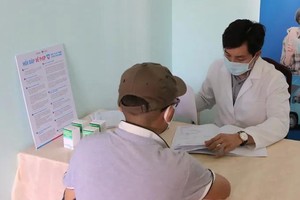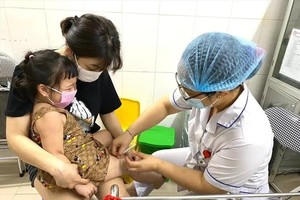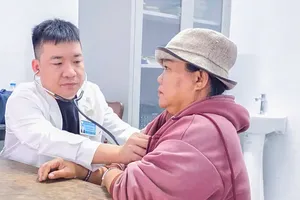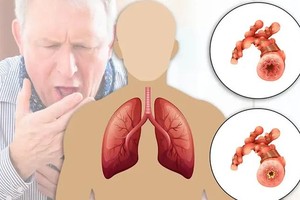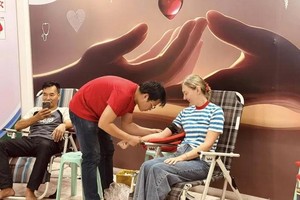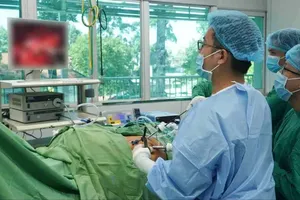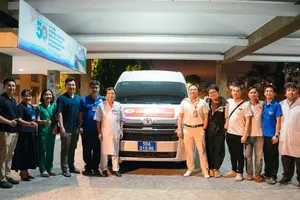The Government has issued Decree No. 207/2025/ND-CP, which regulates childbirth through assisted reproductive techniques and the conditions for altruistic surrogacy.
The decree specifies the processes for donating, receiving, using, storing, and transferring sperm, eggs, and embryos; childbirth through assisted reproductive technology; and the conditions, documentation, procedures, and authority required for healthcare facilities to conduct in vitro fertilization and surrogacy for humanitarian purposes.
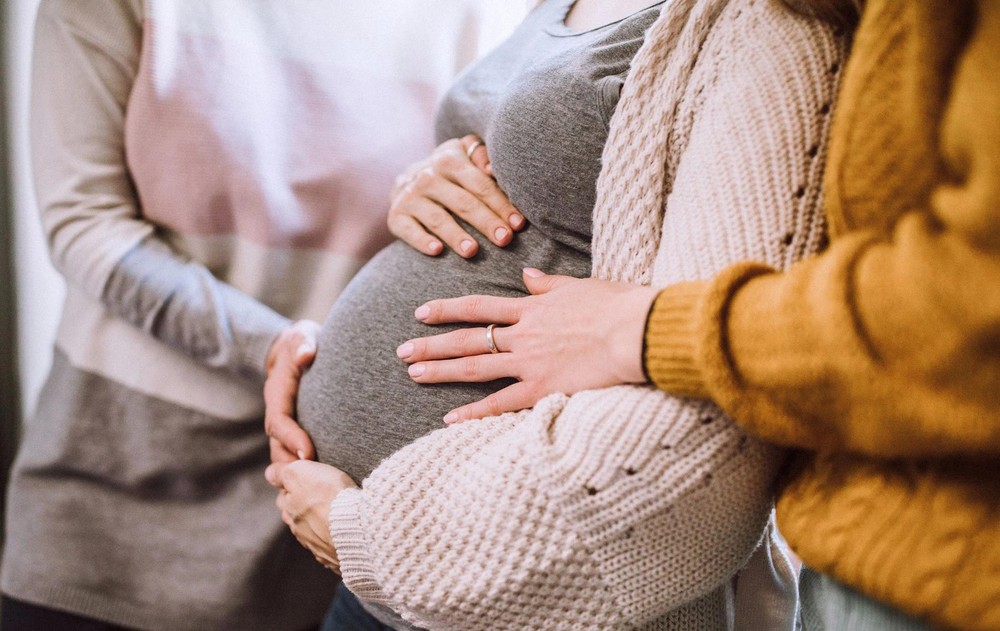
According to the decree, the donation of sperm, eggs, and embryos in assisted reproductive technology must adhere to the principle that donations can only be made at a facility authorized to store sperm, eggs, and embryos.
Sperm, eggs, and embryos may only be used for one woman or one couple to conceive a child. The donation and receipt of sperm and embryos are conducted anonymously between the donor and the recipient.
The use of assisted reproductive technology (ART) is strictly reserved for medically indicated cases, including infertile couples and individuals with diagnosed reproductive health conditions.
Additionally, single women seeking to conceive are permitted access under regulated conditions.
Couples who pursue surrogacy, surrogates, and children born through altruistic arrangements are legally entitled to privacy, confidentiality, and protection under the law. The Government safeguards their personal and family lives, ensuring dignity and security throughout the process.
Strict legal measures prevent unauthorized disclosure of sensitive information, upholding the rights of all people involved. These protections reinforce ethical surrogacy practices while maintaining respect for individual autonomy and family integrity.
The decree clearly stipulates the conditions for facilities permitted to perform altruistic surrogacy, such as having at least two years of experience in in-vitro fertilization (IVF), with a minimum of 500 IVF cycles performed annually in the two years immediately preceding the application.
Facilities must have a medical consultant who is an obstetrician, a psychological consultant with at least a bachelor's degree in psychology or a doctor with a certificate in psychology training, and a legal consultant with at least a bachelor's degree in law. The medical consultant must be a staff member of the healthcare facility. Psychological and legal consultants may be staff members of the facility or collaborators as per legal regulations.
The Minister of Health, the Minister of Defense, and the Minister of Public Security decide on authorizing healthcare facilities under their jurisdiction to perform altruistic surrogacy techniques.
Upon receiving complete applications as stipulated, authorized facilities must conduct health checks for the surrogate and the couple seeking surrogacy, confirm that the wife in the couple is unable to carry or give birth even with assisted reproductive techniques, and verify the surrogate's ability to carry a pregnancy.
If the intended parents and the surrogate meet all prescribed health criteria, a licensed medical facility may proceed with the surrogacy arrangement. Prior to the procedure, the facility must verify that all parties have received comprehensive counseling covering:
- Medical aspects: including potential risks and procedural details;
- Psychological considerations, such as emotional implications and support throughout the process; and
- Legal obligations: ensuring full awareness of each party’s rights and responsibilities under prevailing regulations.
This protocol ensures informed consent and safeguards the well-being of all individuals involved in the surrogacy process. Strict adherence to these standards is mandatory for authorized facilities.
The decree takes effect from October 1, 2025.
